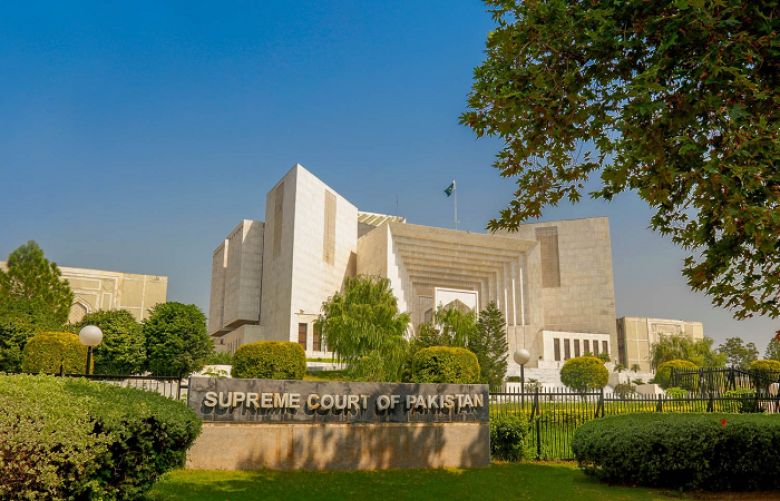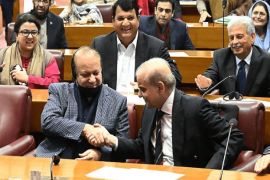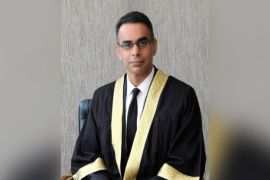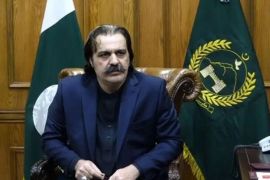The Supreme Court on Wednesday directed all the provinces to submit reports regarding measures taken to curb human trafficking and data on children out of school within a month.
A two-member SC bench comprising Chief Justice Umar Ata Bandial and Justice Sayyed Mazahar Ali Akbar Naqvi heard the case pertaining to the trafficking of minors.
During the course of the proceedings, the court remarked that there was a need to formulate and implement policies to prevent human trafficking.
The Chief Justice said that the boat tragedy on Greek shores was a matter of human rights.
He said that innocent and poor people were tricked into going abroad on the pretext of better jobs. Citizens were duped by human traffickers and paid millions of rupees, he added.
He pointed out that even children and women were becoming victims of human smuggling.
The Chief Justice asked did the government had statistics on the number of children being smuggled.
The Director General of the Ministry of Human Rights replied that unfortunately, accurate statistics were not available.
Chief Justice Umar Ata Bandial said that there was ambiguity in the laws against human smuggling in 2018.
The primary concern was the unavailability of a specialist force for the implementation of the laws, he added. He said that the responsibility of stopping human smuggling was also under the police.
He said that the Supreme Court had also asked the provincial governments to play their role against human trafficking.
The Chief Justice also recalled the Tayyaba torture case and said that the Supreme Court had also heard the Tayyaba torture case some time ago.
He said Tayyaba was now a 9th-grade student. Tayyaba was abandoned by her parents and she was now living in an SOS village, he added.
CJP said that the aim was not just to protect children but also to strengthen them. There was a need to educate the society, he added.
He said that it was our religious duty to protect the downtrodden sections of society.
The government should formulate a policy to prevent human trafficking, including women and children, he added.
Subsequently, the hearing of the case was adjourned for one month.







